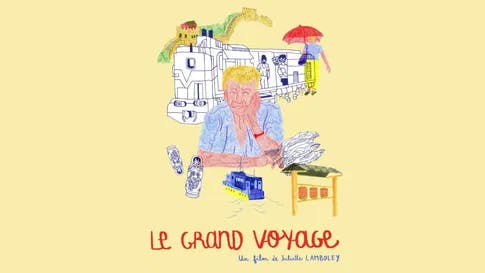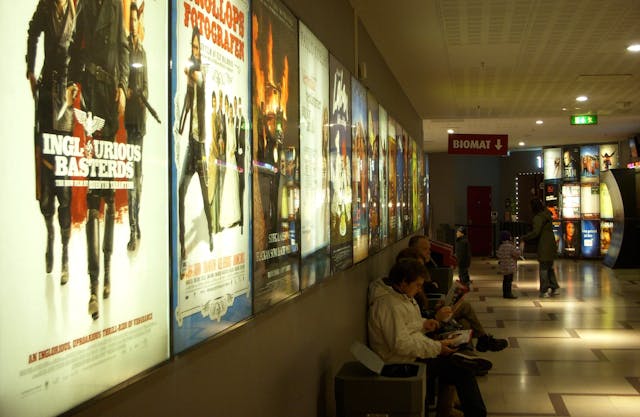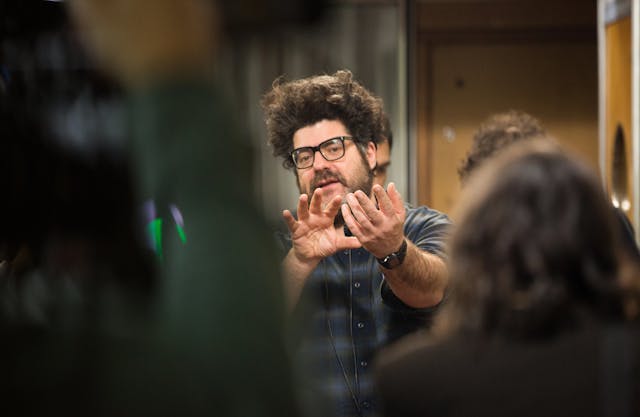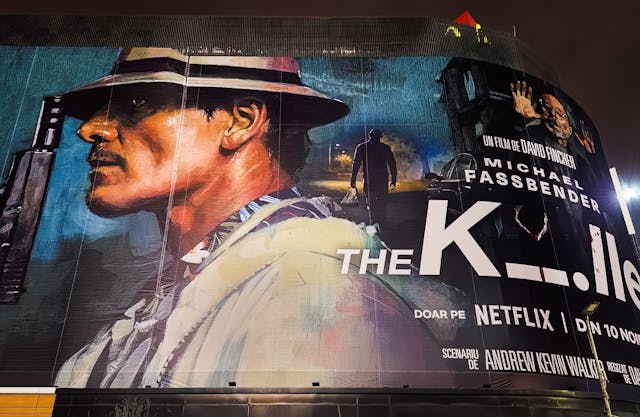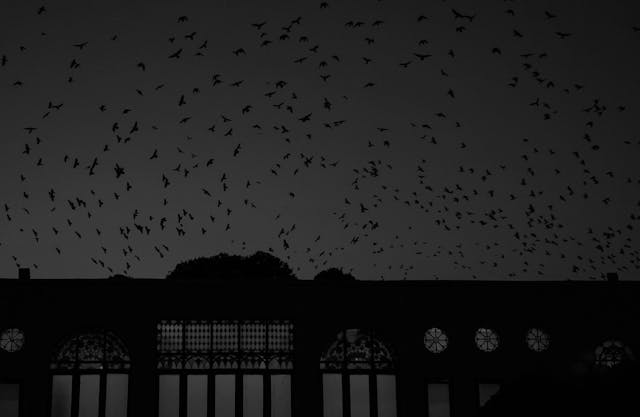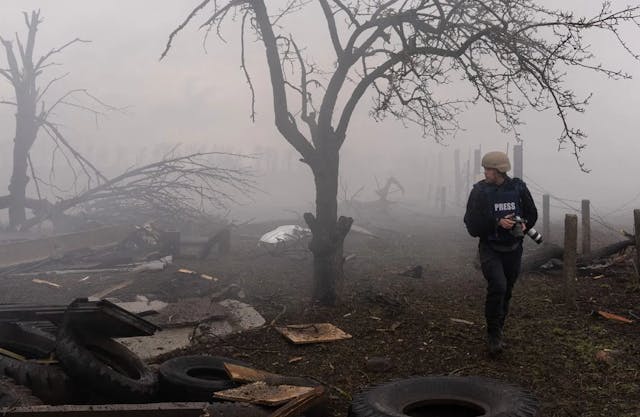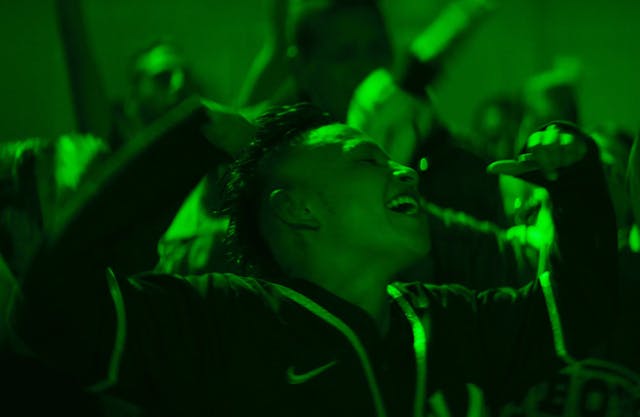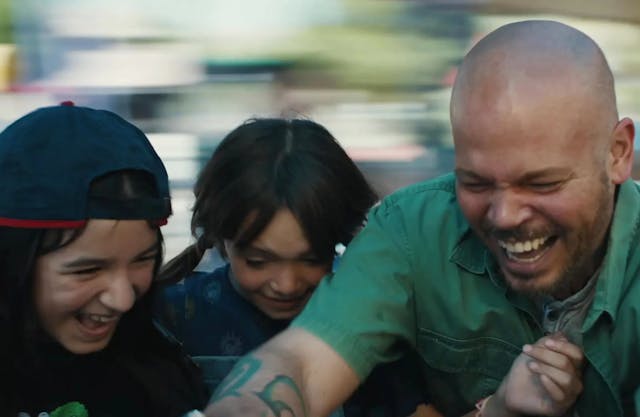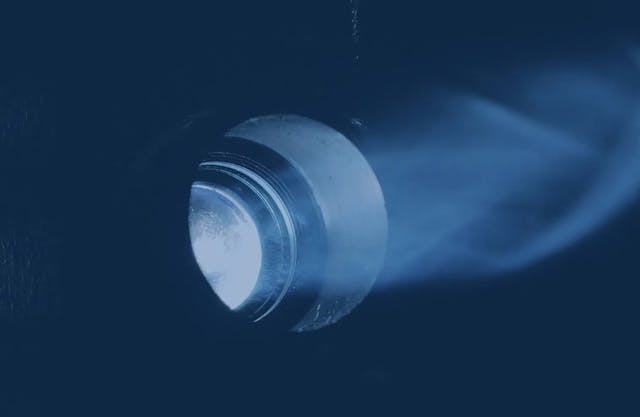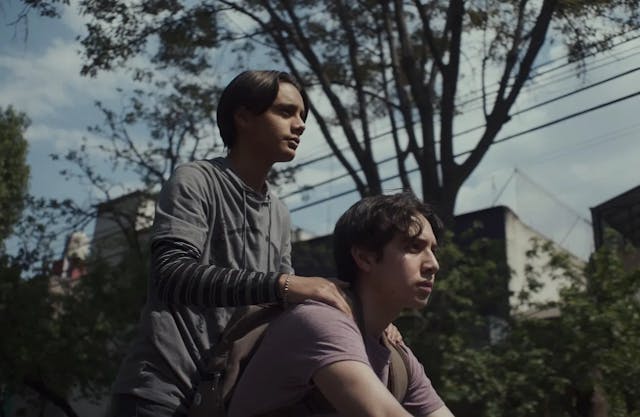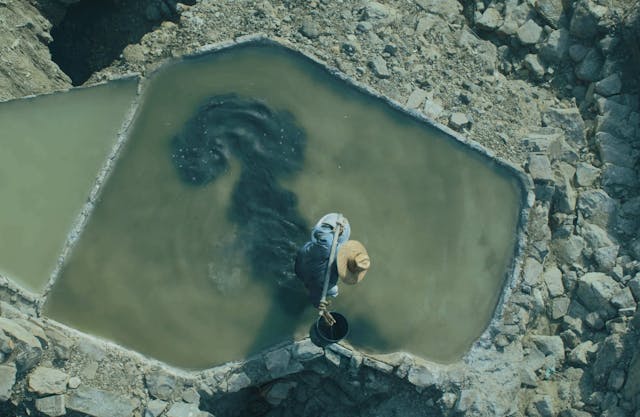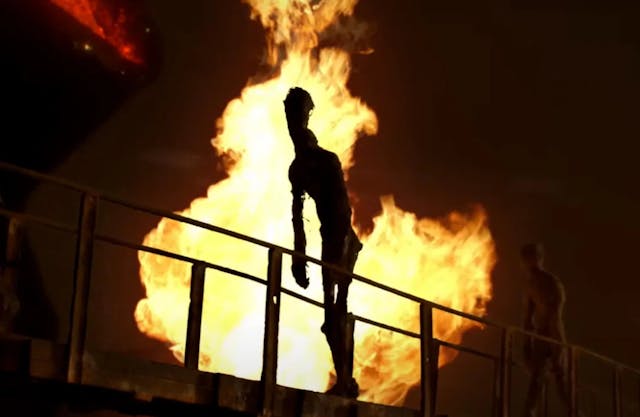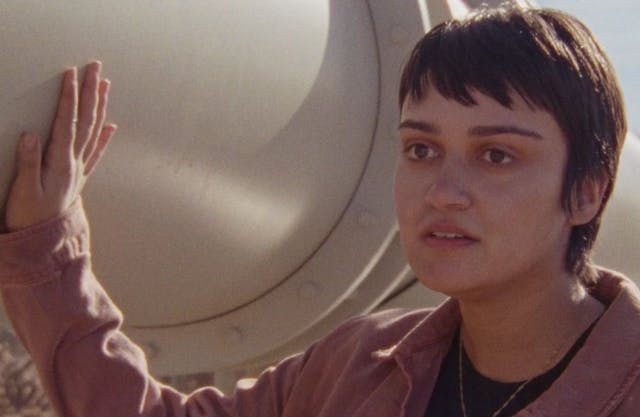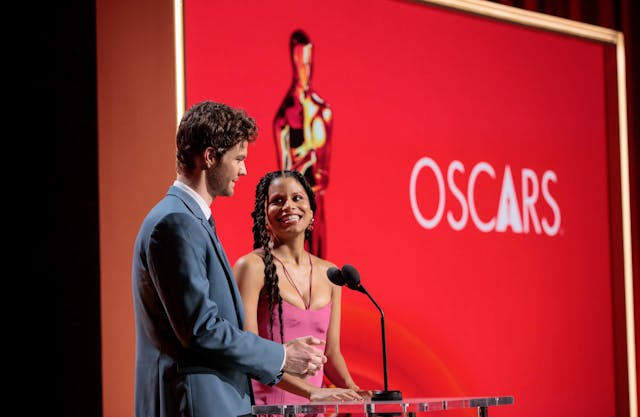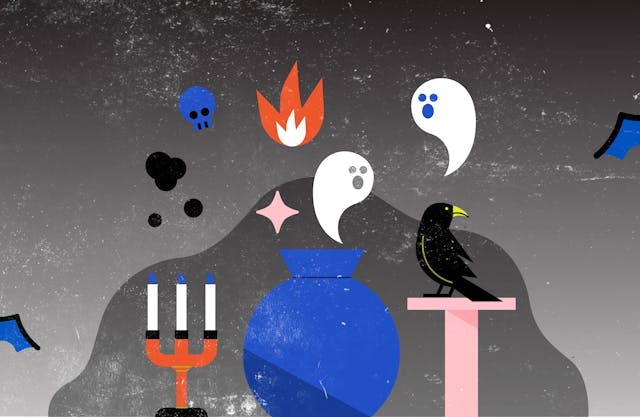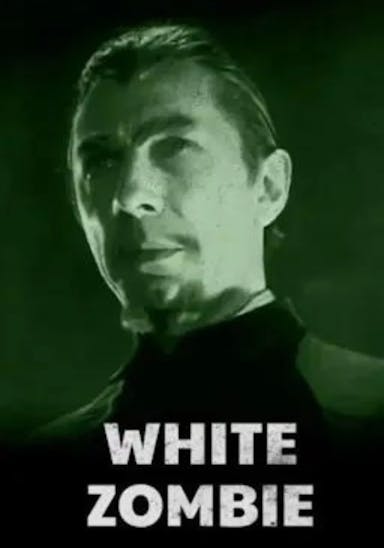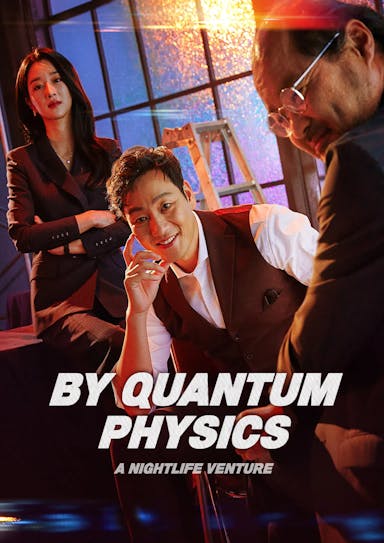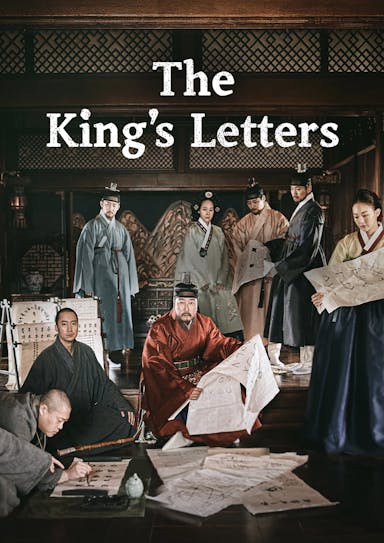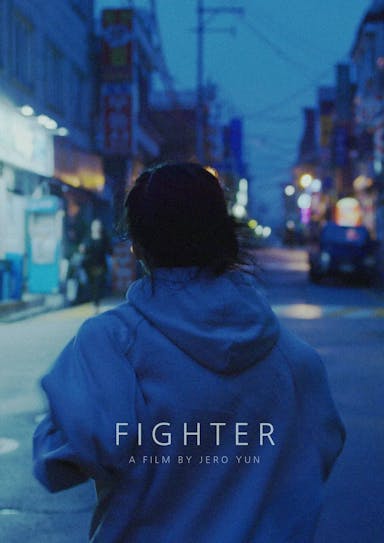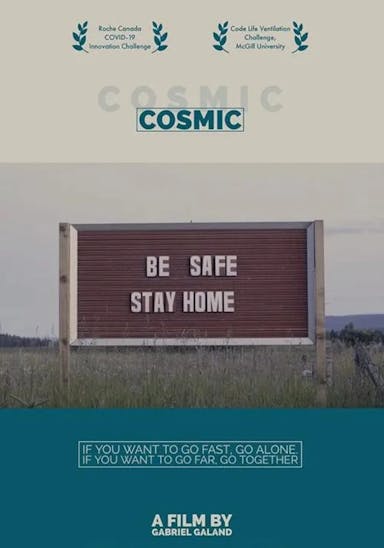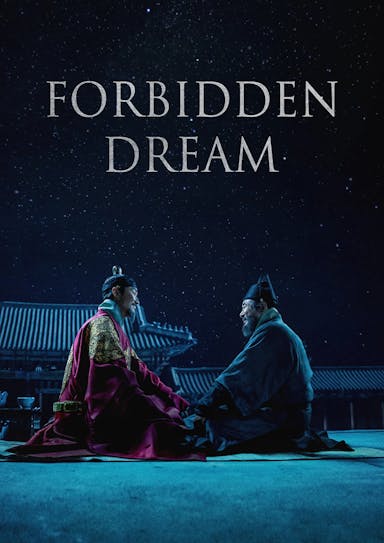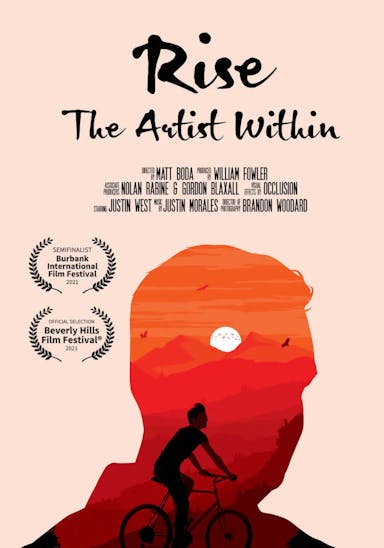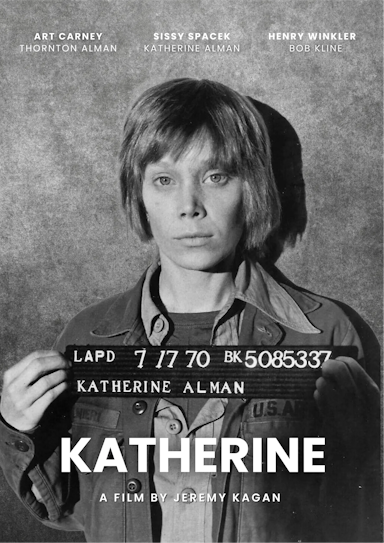School of Suspicion: "The Teacher's Lounge" goes for the Best Foreign Film Oscar
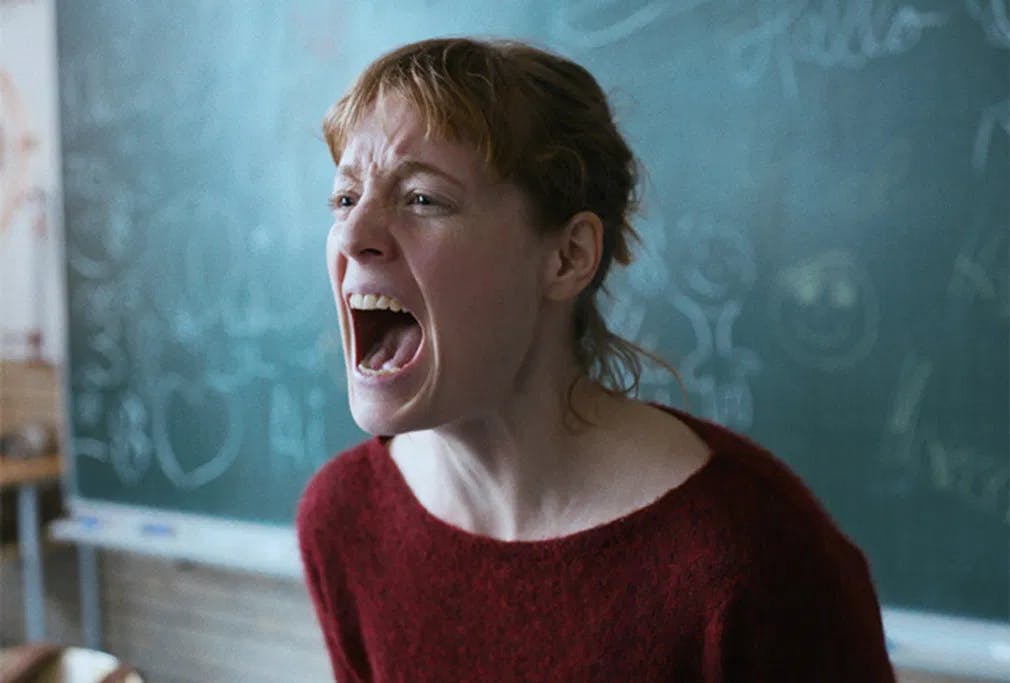
Screaming act: Leonie Benesch in a rare moment of emotional release in "The Teacher's Lounge" / Photo courtesy of Sony Pictures Classic.
Ilker Catak's "The Teacher's Lounge" has a relentless focus that does not cross into cruelty. Yes, the protagonist suffers, but under a clear-eyed insistence in contemplating the pitfalls of trying to remain a fair, honest human being in an imperfect system. If she is put to task, it's because there is no way around it. Carla Nowak (Leonie Benesch), a mild-mannered teacher at a primary school in Germany, is the focus of this attention. The camera follows her restlessly as she moves through the modern, well-equipped institution. You can feel the progressiveness in every interaction, but that does not mean things are perfect. This is, after all, a construction made by fallible human beings. The biggest problem seems a nuisance: a petty thief has been pocketing things and seeding suspicion. The thefts are menial but attention-getting. Who needs one thousand pencils, anyway?
A few teachers are keen on getting to the bottom of it. We follow Carla into an impromptu meeting led by Professor Liebenwerda (Michael Klammer), where two student body representatives, a boy and a girl, are compelled to collaborate. Have they seen any suspicious behavior among their peers? Of course, they don't have to incriminate anybody, but it would be really helpful if they shared any information. They are not forced to do it, ok? But it would be nice. Really. Right then and there, Carla manifests qualms about the meeting and her colleagues' requests but relents as the kids' resolve cracks. Maybe they can just signal a name in a list? Suddenly, the scene becomes a homage to "All The President's Men" (Alan J. Pakula,1976). Liebenwerda is like Dustin Hoffman as journalist Carl Bernstein, bargaining with a scared secretary to reveal a single letter he can connect to a name on a list. An "A." You nodded at an "A"? Ali. Is it Ali? The Muslim kid?
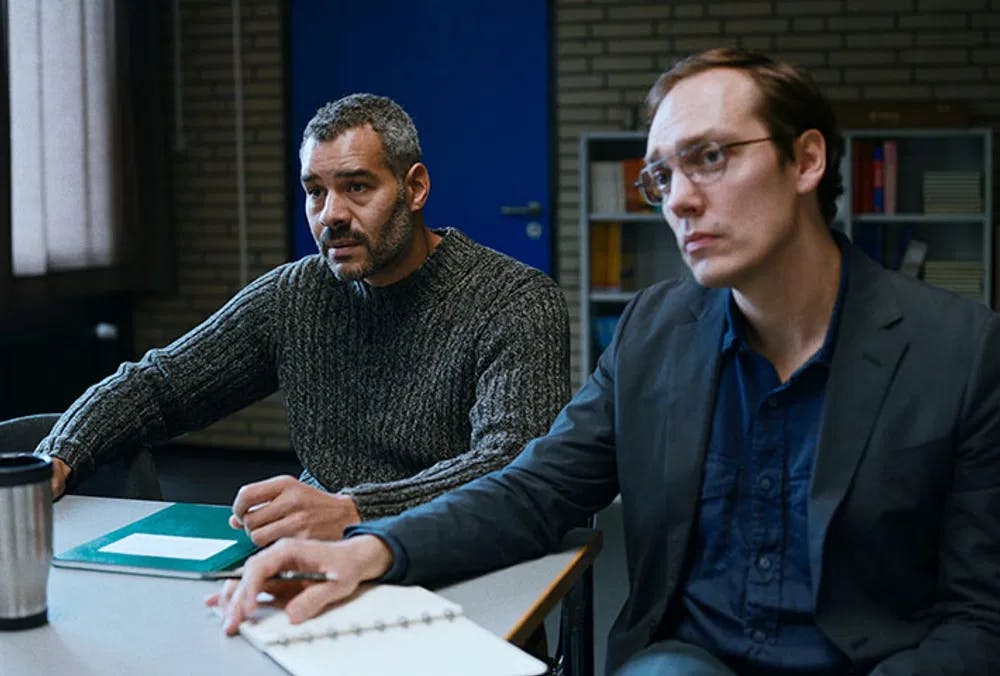
The teaching sleuths: Michael Klammer and Rafael Stachowiak want to go to the bottom of the mystery in "The Teacher's Lounge" / Photo courtesy of Sony Pictures Classics.
The stakes in "The Teacher's Lounge" are not as high as saving the strongest democracy in the world. But for Carla, this is everything. The suspicion floating around taints her ideal haven of education. And things are about to get more complicated. A perfect storm of misunderstandings and prejudices puts her class under the magnifying glass. The teachers follow up the not-quite-an-interrogatory with a class search, in which Ali's wallet is revealed to contain an unexpected amount of money. His parents, sure that they are being targeted for being Muslim, explain he was supposed to buy a birthday gift for a cousin that very day. And they want to know if searching for the one their son suffered is even legal.
"The Teachers' Lounge" is an Art House ethical thriller about how difficult it is to do the right thing, even as contemporary social mores push us to a more egalitarian society. The push itself is an agent of chaos. Those who see themselves at a disadvantage can be vulnerable. Carla is the daughter of Polish immigrants. For all the welcoming diversity in the school, she is uncomfortable speaking in her mother tongue with a fellow immigrant. Does she think the native Germans around her suspect her? Desperate to resolve the matter, Carla sets a trap for the sneaky thief. That turns out to be a very bad idea.
There are no overt jokes in "The Teacher's Lounge," but the script by Catak and Johannes Duncker crafts a human comedy populated with people at odds. Carla is like Job, a biblical figure subjected to constant punishment by God, zealously putting her faith to the test. We never leave her side, nor the school, as complications escalate. The days bleed into one another. You will have to be attentive to her changes in wardrobe to get a sense of the passing time. The movie underscores the sameness of the daily grind and portrays Carla's predicament as something she can't escape from. Symbolically, there is no home to run to. There is no world outside the school.
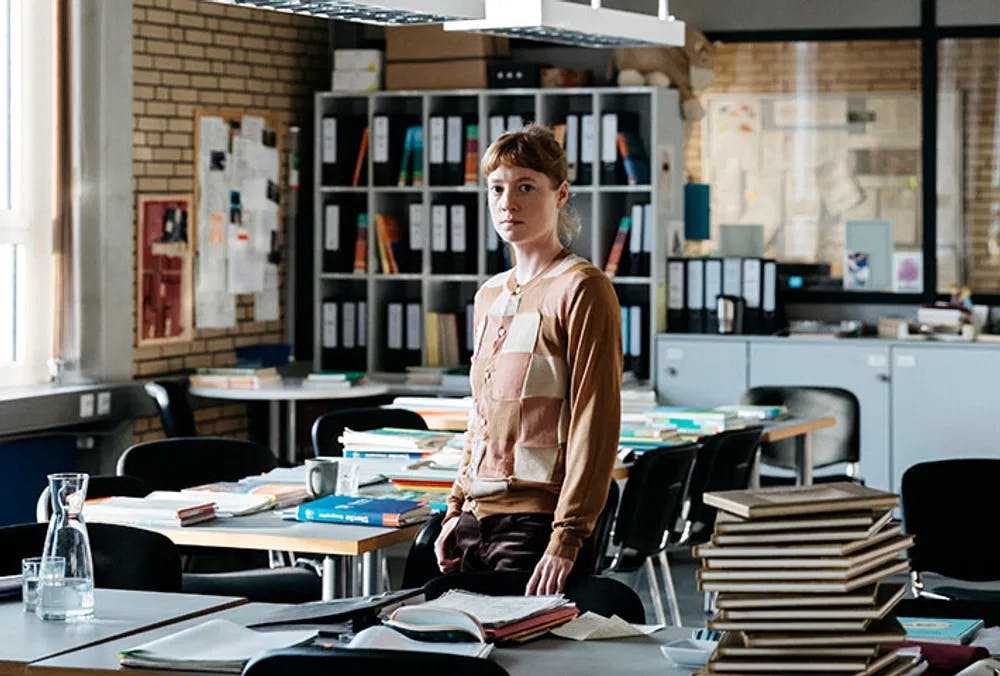
Setting the trap: Benesch oversees the scene of the crime in "The Teacher's Lounge" / Photo courtesy of Sony Pictures Classics.
The movie falls under the noble tradition of the comedy of escalating exasperation. Like "After Hours" (Martin Scorsese, 1985), we identify with an innocent character trapped in a Kafkian nightmare where an unsparing world seems to turn against him - or, in this case, her. It would be easy to assume the movie is falling into the toxic discourse around so-called "cancel culture." Catak is certainly playing on the frustrations that arise in navigating the new social order. The movie is worthy of its Oscar nomination, but there's no doubt its dramatization of the minefield of contemporary sensitivities makes the movie feel of its time. Still, I think Catak is not out to fight these windmills. His heart is in Benesch's performance. Far from presenting herself as someone wronged by the system, there is a hard-headed goodness in her, a conviction that drives her to always do the right thing, even if it goes against her best interest. The sole moment of release she allows herself is a primal scream exercise at the start of a school day, in which all her class participates. It's not even a self-indulgence. She does it because she knows everybody needs to release some tension. Benesch offers a star-making performance, fulfilling the promise of her long arc in the series "Babylon Berlin." The lush Weimar-era period thriller cast her as Greta Overbeck, a simple girl seduced by anarchists to plant a bomb.
The promise of violence haunts the school halls and classrooms as the movie progresses. On some level, the filmmakers are playing to American audiences' apprehension. Mass shootings are a scourge on this side of the Atlantic, much less common in Europe. We probably jump to dread faster and easier than a run-of-the-mill German viewer. What really feels foreign to us is the horizontal power dynamics where the children yield a lot of power over the adults, or at least more power than what the system we know. The world in "The Teacher's Lounge" may feel at times like a paradise of equality turned into dystopia.
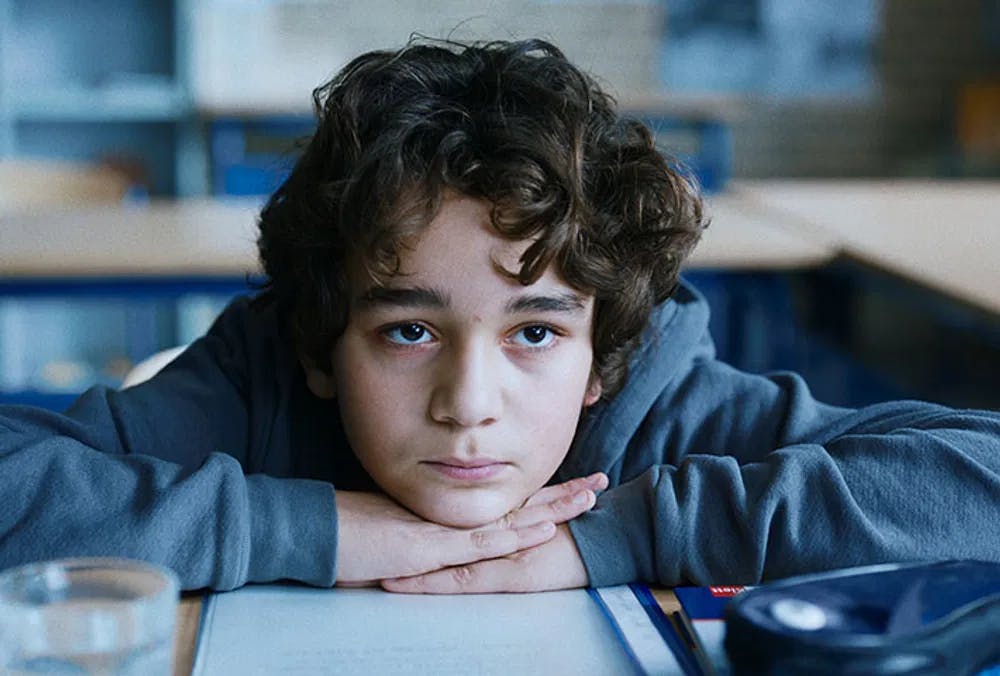
The radicalization of a teacher's pet: Leonard Stettnisch gets hard life lessons in "The Teacher's Lounge" / Photo courtesy of Sony Pictures Classics.
We may steam at the complications that besiege Carla, but nobody questions their appropriateness, not even her. For me, the stretching band ruptured when she fell into the trap of the editorial board of the student newspaper. The older editors send the cutest, most unthreatening students to lure her for a profile interview, agreed on before the scandal exploded. She speaks as candidly as possible and gets a positive answer when she requests to see the article before publishing. Granted, this is a no-no in journalism, but they say "yes." And then, they don't. The interview turns into a cover story, a takedown of Carla, and a clean-up job on the "beloved member of the staff" in the opposite corner of the conflict. When Carla calls them off, they shield behind freedom of expression.
Sorry if I go long on this particular episode. It is due to PTSD related to my past life in a newsroom. Freedom of expression is a cornerstone of modern society and an all-around good thing. The episode is galling because it shows how there is a price to pay for all our freedoms and liberty. They can be inconvenient. They can lead to misunderstanding. They can take a lot of time to parse. Carla is the movie's hero no because of her martyrdom but because of her insistent belief that, despite the storm around her, the well-being of the students and her bond with them is the most important thing. The resolution is far from happy nor perfect, but it brings a degree of relief hardly seen in movies like this. It's not that truth triumphs. Truth is always elusive, impossible to grasp. Trust in each other is the one thing we have, the one thing we have to protect at all costs. Crime movies don't get more thrilling, or moral, than this one.
Watch “Le Grand Voyage”
Danielle is 90 years old and has a dream: to go on an adventure from Russia to China, via Mongolia, aboard the Transsiberian. The adventure becomes an act of transmission, and « The great journey », a hymn to life!
Stream NowWant to get an email when we publish new content?
Subscribe today